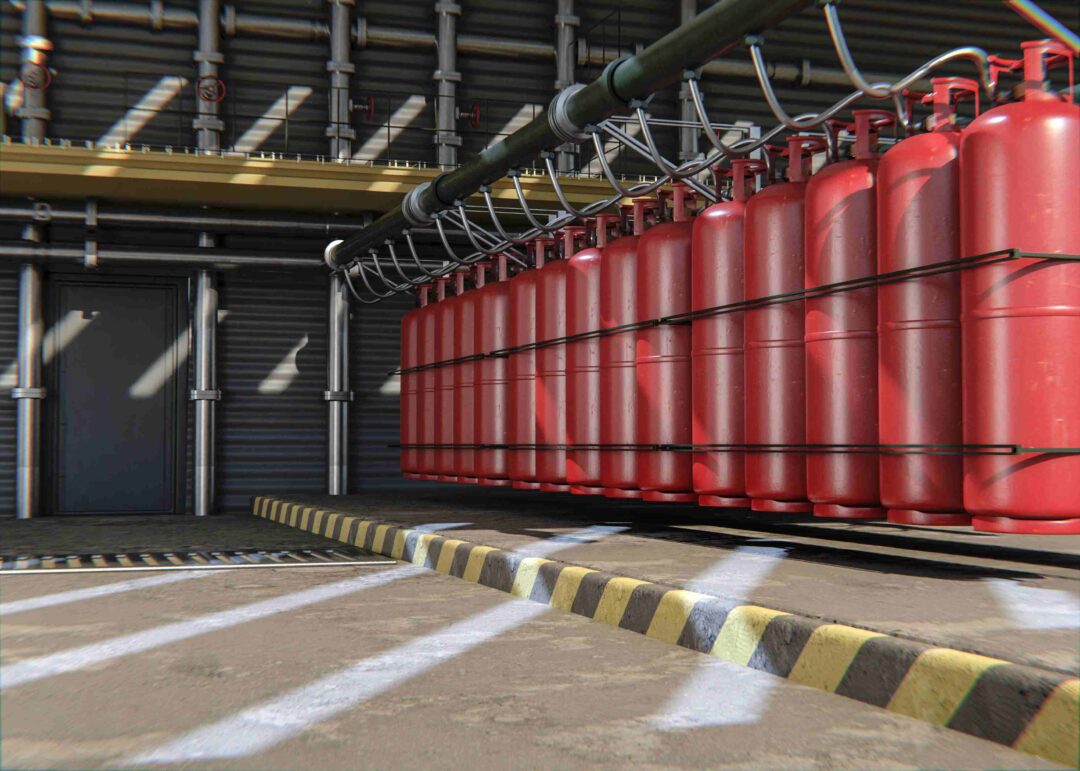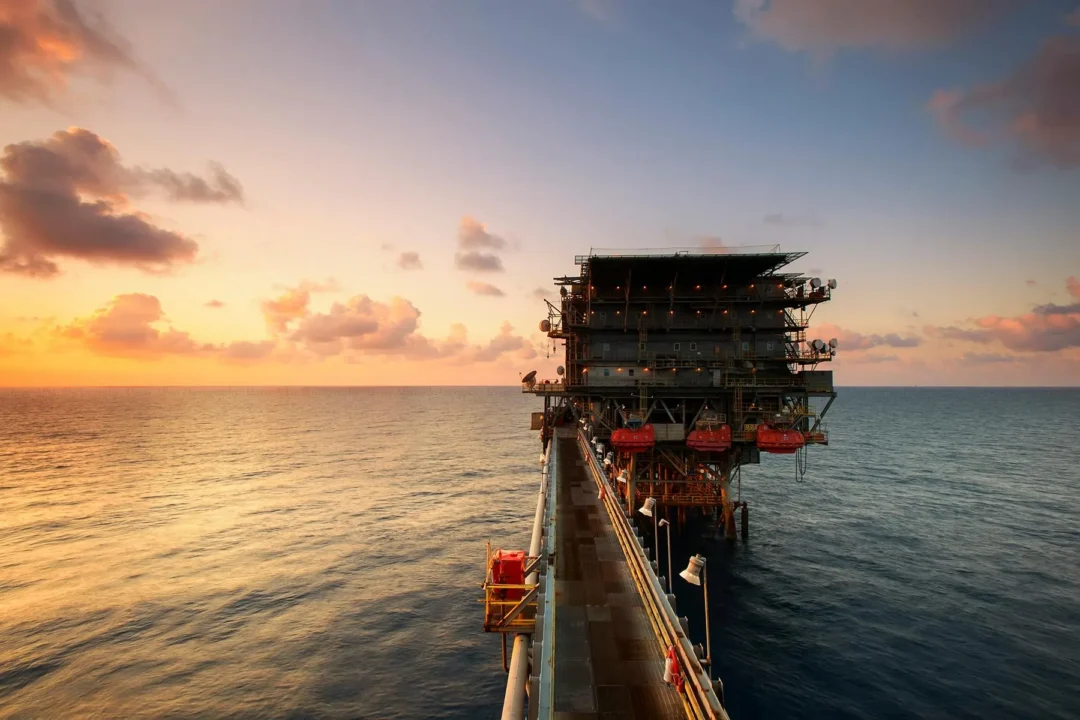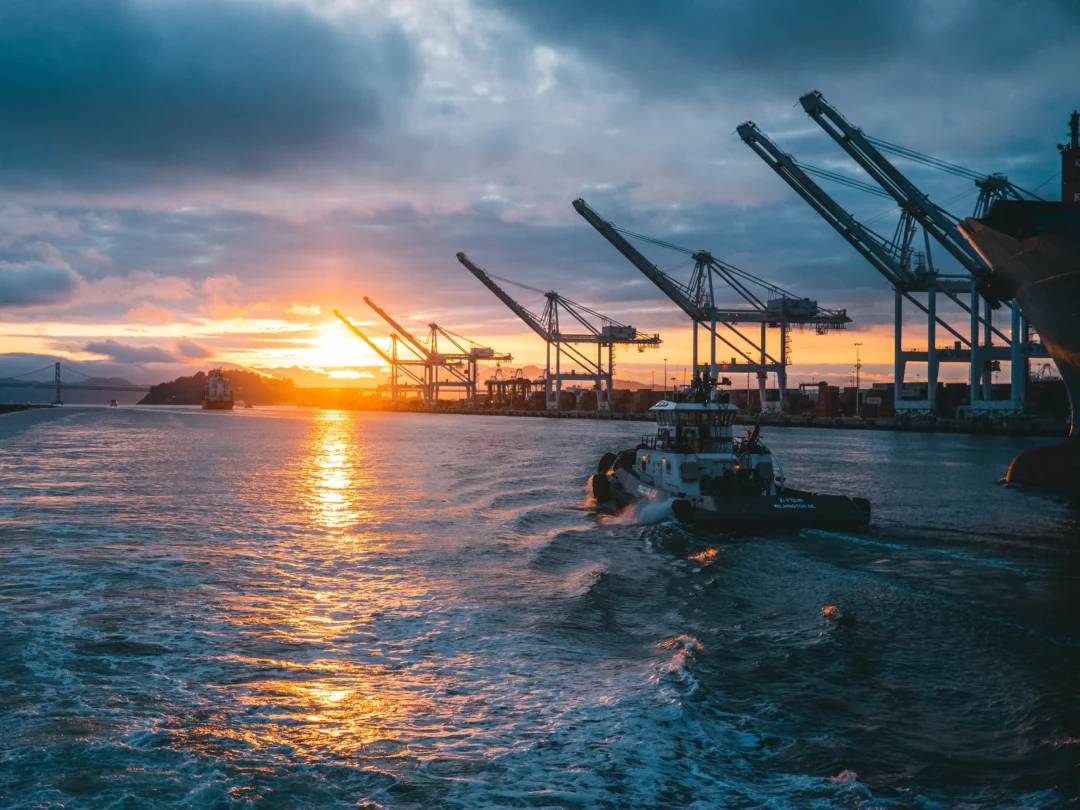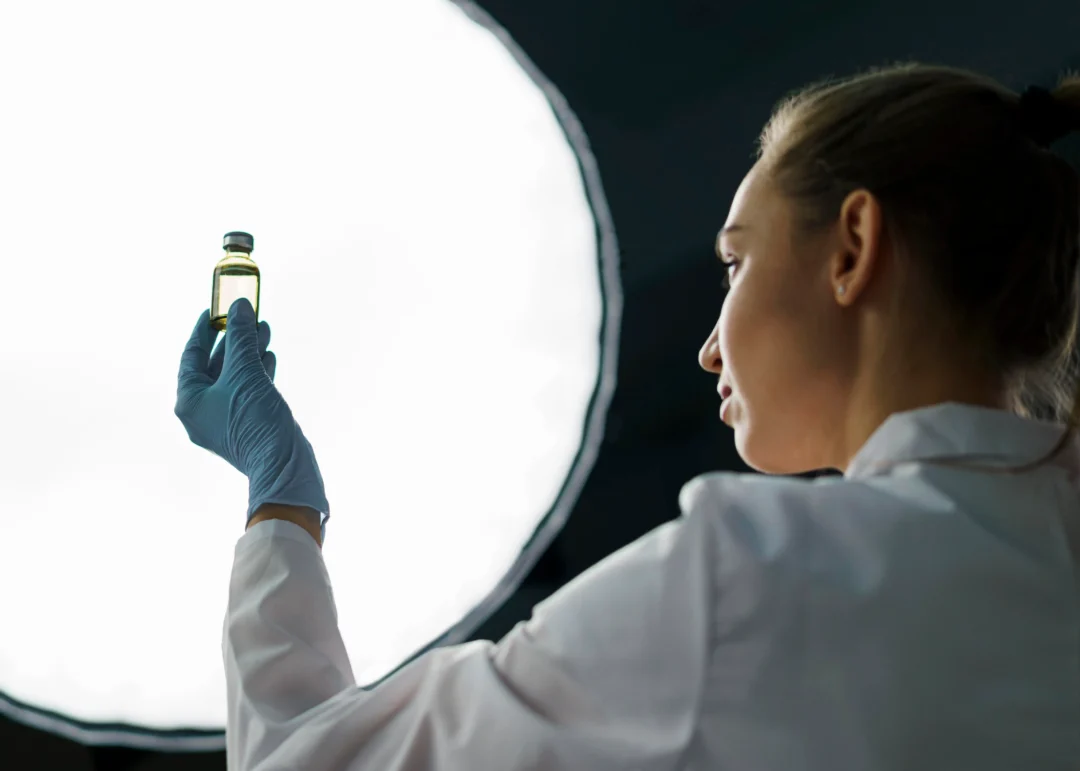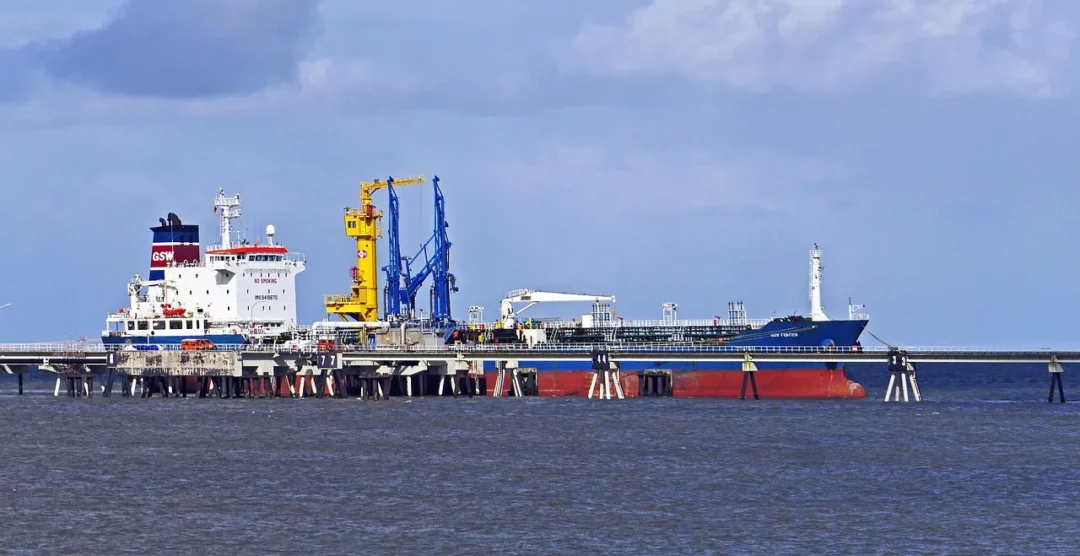The manufacturing facilities in the UAE have to work in the framework of a rapidly changing industrial environment with great energy usage and sophisticated safety standards. Among the most critical elements of operational safety are oil and fire testing procedures. These processes not only assure adherence to high standards of local and international safety standards, but are also significant in alleviating operational risks, equipment failure, and possible downtime. In one of the areas where the industrial complex is strictly interconnected with the development of oil-based processes and the development of manufacturing, the significance of regular tests cannot be overestimated. Testing laboratories in Dubai have developed robust frameworks to monitor, analyze, and prevent risks associated with lubricants, fuels, and fire safety systems.
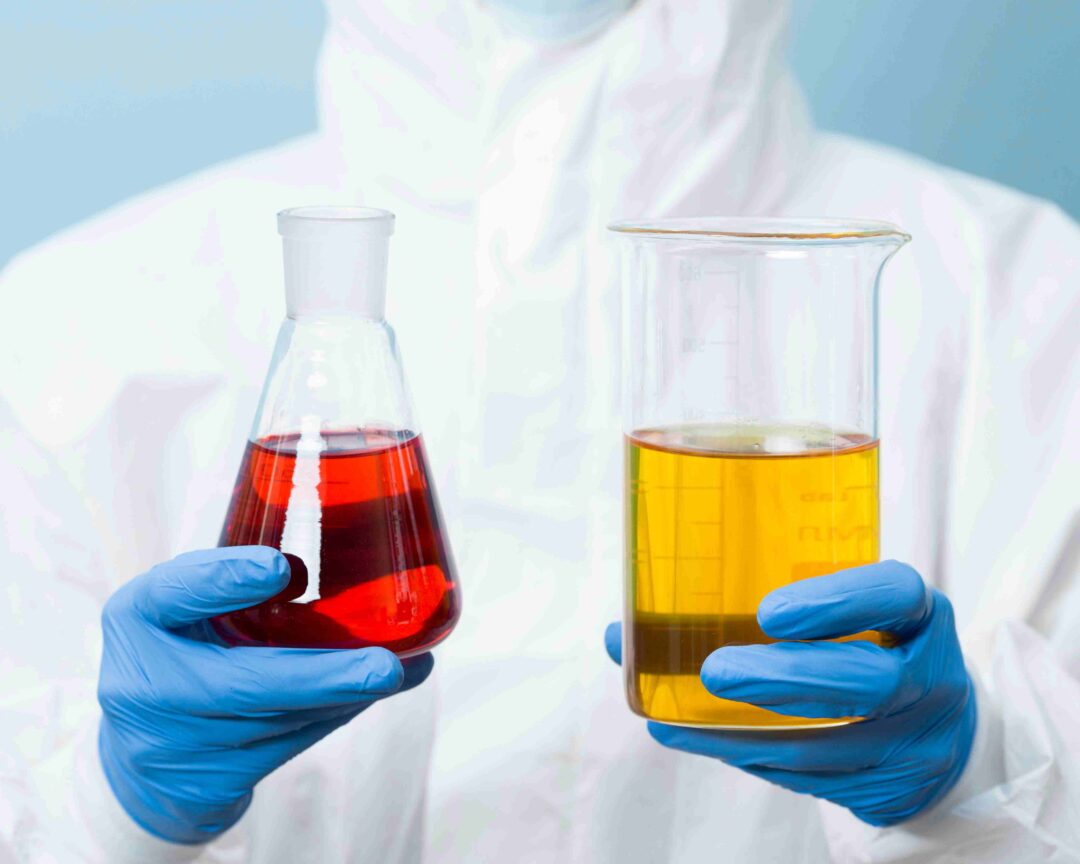
The Role of Oil Testing in Industrial Risk Management
Oil testing is a fundamental preventive maintenance practice used to assess the condition of lubricants and hydraulic fluids used across manufacturing systems. Oil samples are regularly analyzed to establish contamination, oxidation, or degradation which are likely to cause mechanical failures. Even in the manufacturing plants in UAE where machines need to work under extreme temperature and heavy loads, a slight variation in the quality of lubricants may be disastrous. Oil testing therefore provides early warnings, allowing plant operators to take corrective measures before costly breakdowns occur.
As an example, the viscosity, water content and particles contamination are critical parameters of testing to determine the health of the oil. Early detection of abnormal readings will allow the maintenance crews to avoid the seizure of equipment or unscheduled downtime. Research indicates that oil-based predictive maintenance can lower the rate of equipment failure by as much as 50 percent around the world. This proactive strategy in the UAE complies with national sustainability objectives and operational efficiency requirements. To gain an in-depth understanding of the technical aspects of the oil and fuel analysis, the petroleum testing services provided by METS Lab UAE can offer an in-depth assessment of a variety of industries.
Importance of Fire Testing in Manufacturing Environments
While oil testing focuses on internal operational integrity, fire testing is essential for facility safety and regulatory compliance. The sources of fire hazards in manufacturing facilities are combustible materials, inflammable chemicals, and electricity. Fire testing ensures that construction materials, coatings, and insulation meet the necessary flame resistance and reaction-to-fire standards. In the UAE, where industrial safety codes are governed by entities like the Dubai Civil Defence, compliance through certified fire testing is a legal necessity.
Testing laboratories in Dubai conduct fire resistance assessments for structural components, flame spread evaluations for surface materials, and ignition propensity testing for various industrial products. Such information will enable manufacturers to make sound decisions about fire-resistant materials, equipment installation, and emergency measures. Moreover, insurance providers and government bodies often require proof of certified fire testing as part of operational licensing and risk assessment documentation. All these safeguard the lives, assets, and continuity of the business.
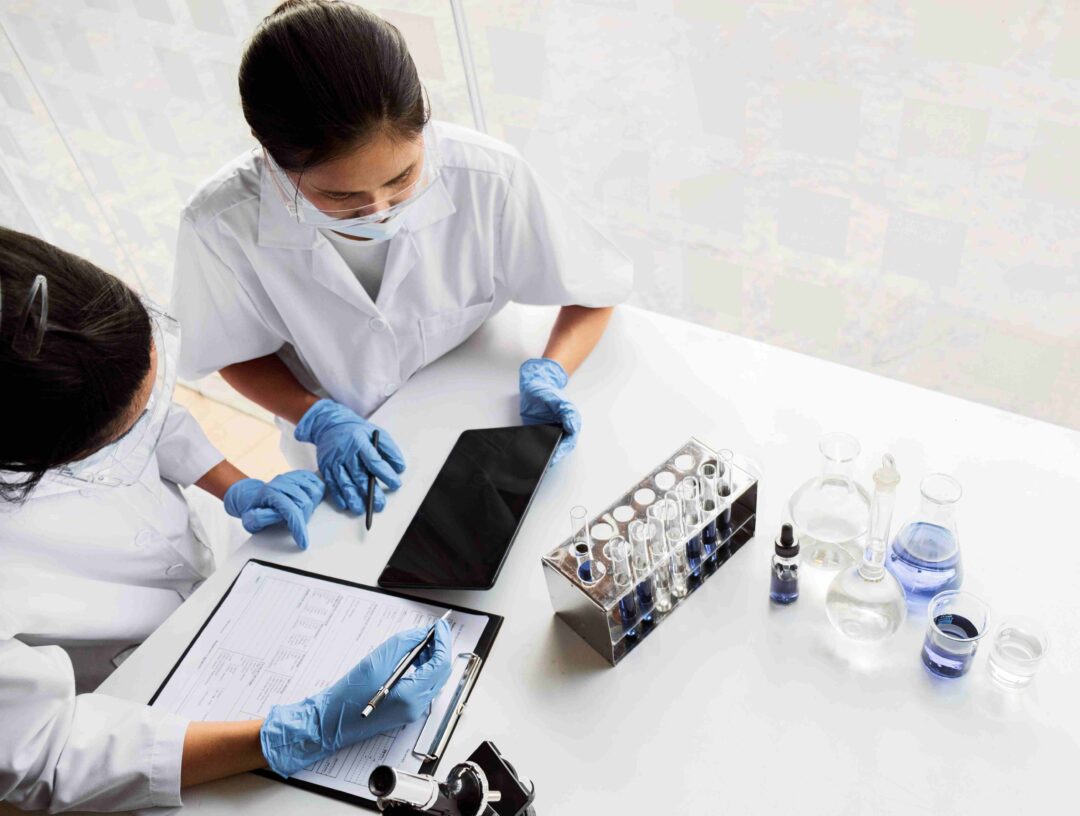
Regional Relevance: Safety Culture and Compliance in the UAE
UAE has gone a long way in the establishment of safety and quality control in its industrial infrastructure. The Dubai, Abu Dhabi, and Sharjah manufacturing units are progressively adopting the ISO-based testing protocols to comply with regional as well as international market standards. Regular oil and fire testing not only supports compliance but also contributes to corporate sustainability targets by minimizing waste, emissions, and resource consumption. Accredited testing laboratories in Dubai have been instrumental in facilitating this shift by providing reliable, standardized testing procedures.
According to the recent reports made by the UAE Ministry of Industry and Advanced Technology, more than 70 percent of all industrial accidents in the area are caused by equipment failure or insufficient fire safety measures. Regular oil and fire testing directly address these vulnerabilities. Through regular testing, producers reduce the possible losses that can be incurred in case of a halt in production, or an environmental fine, or an insurance compensation. These measures also promote investor confidence and brand credibility in global supply chains in the long run.
Integrating Testing into Operational Strategy
For manufacturers aiming to strengthen their risk management frameworks, integrating oil and fire testing into regular maintenance cycles is a strategic imperative. Oil testing can be scheduled in tandem with equipment servicing intervals, while fire testing should be conducted periodically or whenever facility modifications occur. Based on the laboratory reports and the data presented in them, decision-makers are able to diagnose common problems, increase the quality of materials used, and improve the budgets on maintenance.
Traditional testing is now aided with advanced digital monitoring tools that can be used to perform predictive analytics and real-time diagnostics. These systems improve accuracy and efficiency of controlling operational risks when used along with the laboratory test data. To manufacturers interested in a more organized approach, one can receive professional advice and consultation using the contact portal of METS Lab UAE, securing adherence to national and international testing standards.
Regular oil and fire testing are indispensable pillars of operational resilience within UAE manufacturing units. These preventive measures will help the organizations to reduce mechanical failures, reduce the number of fire related hazards and ensure continuous production. In addition to compliance, they play strategic roles of facilitating sustainability, efficiency and reputation. With industrial innovation and safety conscious government, systemic testing is critical to operational superiority in a region. METS Lab UAE continues to support manufacturers in achieving these objectives through its advanced testing laboratories in Dubai, reinforcing the nation’s commitment to safe and sustainable industrial growth.



